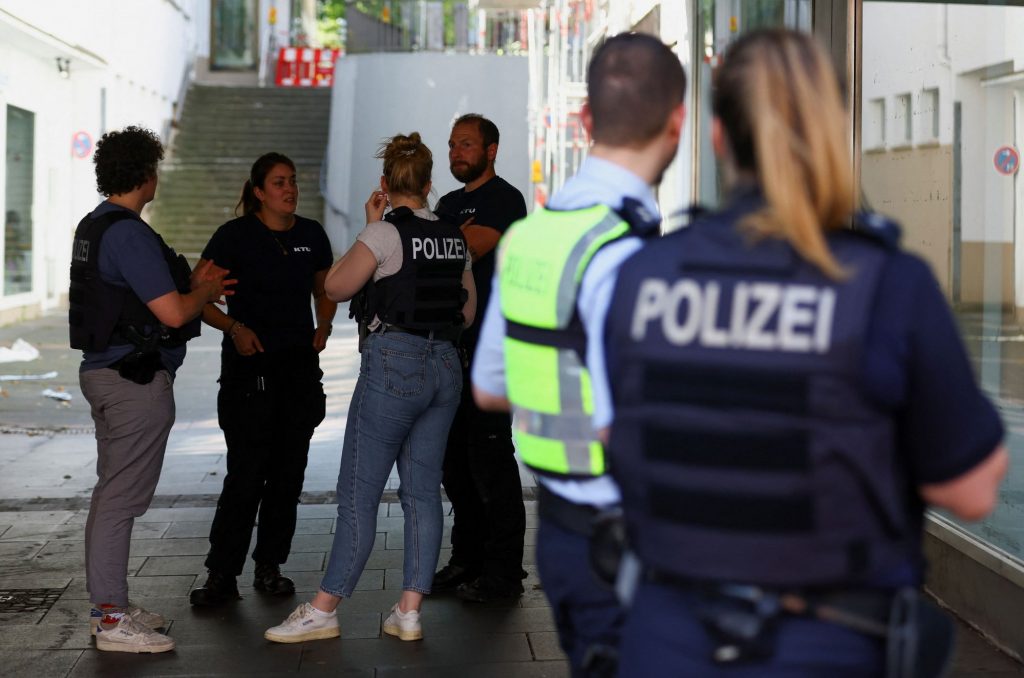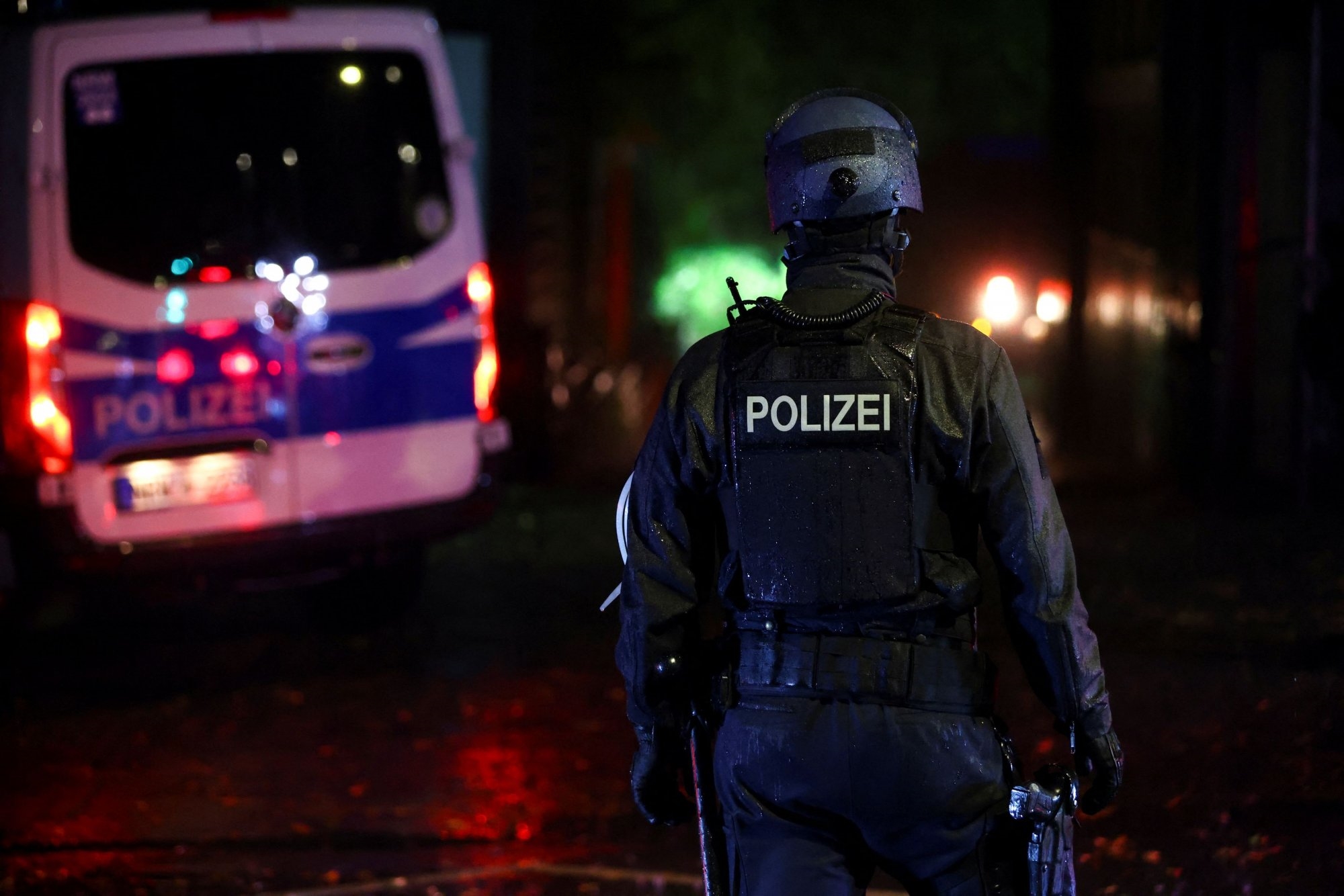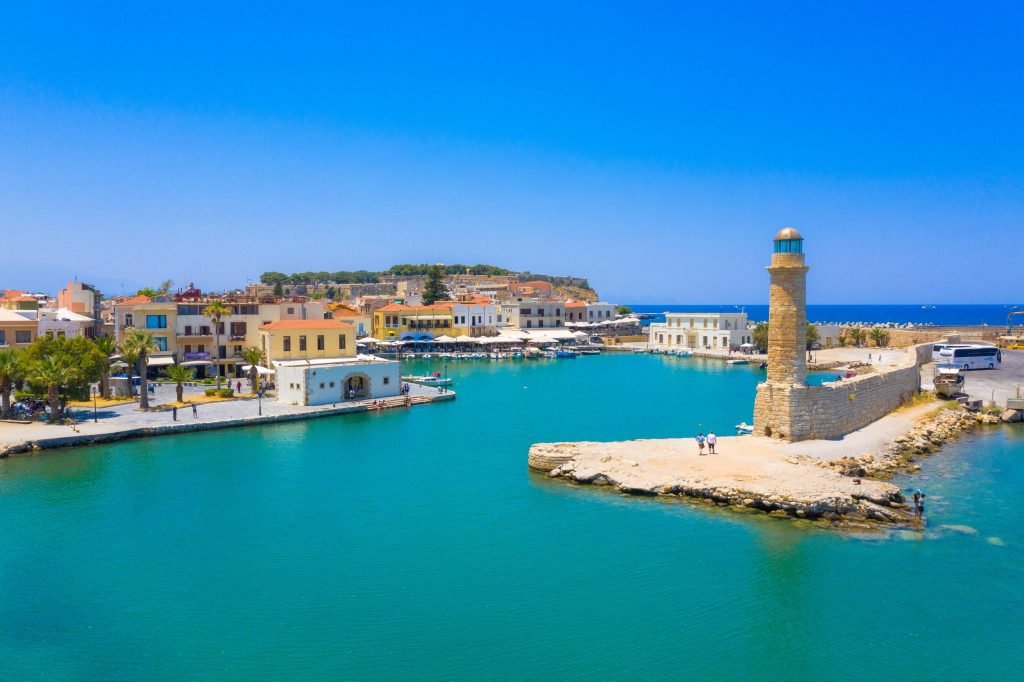Germany is in shock. Once again, a fatal knife attack has triggered nationwide horror. The scene of the bloody incident is the western German town of Solingen, where a refugee from Syria with links to the Islamist terrorist organization “Islamic State” brutally killed three attendees at a public festival. This comes just three months after a man from Afghanistan fatally stabbed a police officer in Mannheim, sparking collective outrage.
“Germany has a problem with violence,” comments the Süddeutsche Zeitung, a voice of reason in an increasingly emotional public debate. Criminologists’ statistics are alarming and place those in power—whose primary duty is to ensure public safety—in a challenging position. Last year, nearly 14,000 knife attacks were recorded in Germany. The fact that foreigners were six times more likely to be perpetrators than Germans adds a politically charged dimension to the official statistics.
The crime in Solingen could not have come at a worse time for the ruling parties in Berlin. Elections will be held in two eastern German states this Sunday, and the attack has raised fears of a political earthquake. The far-right populist party “Alternative for Germany” (AfD) is expected to gain significant support, and the newly founded “Alliance Sahra Wagenknecht” (BSW), which shares similar populist views on immigration, may also win enough votes to play a key role in forming a future coalition government.
The expected rise of populist parties is fueled by growing frustration among Germans with the government in Berlin. Olaf Scholz, of the SPD, is the least popular chancellor in the history of the Federal Republic. The events in Solingen have only added momentum to the populists’ cause.

“I am angry and furious,” said Scholz when he visited the crime scene on Monday. As an immediate response, the chancellor announced stricter weapons laws and increased deportations. Even government officials concede that Berlin has struggled to manage these issues effectively. Critics—whose numbers are growing—argue that the government has lost control of the borders.
The statistics speak for themselves: the Frankfurter Allgemeine Zeitung reports that 380,000 unauthorized entries were recorded in the European Union last year—the highest number since 2016. Notably, 260,000 of these illegal migrants ended up in Germany, including 54,000 from Syria alone and 35,000 each from Turkey and Afghanistan.
The suspect in the Solingen attack is a Syrian who arrived in Germany via Bulgaria in 2022. According to European agreements, he should have been sent back to Bulgaria, but this did not happen, leading to heated discussions and blame in Germany.
“Enough is enough,” says Friedrich Merz, leader of the Christian Democratic opposition, as he demands stronger action from the government. He calls for an immediate halt to asylum seekers from Syria and Afghanistan and advocates for the systematic deportation of all those whose applications have been rejected. The number of migrants who should leave the country now exceeds 300,000.
However, deporting these individuals is easier said than done. In the case of Syrians and Afghans, efforts are hampered by the lack of official relations with Assad’s regime or the Taliban in Kabul. Another issue is the lack of cooperation from the governments of EU border countries, a growing frustration in Germany.
According to the Dublin Regulation, the countries through which refugees enter Europe are responsible for processing asylum applications. However, most refugees continue northward, primarily to Germany, facilitated by Europe’s open borders in the Schengen Area. It has now emerged that Berlin requested Bulgarian authorities to take back 7,700 refugees in 2023, but Sofia readmitted only 260.
This issue has also strained relations between Greece and Germany. According to Der Spiegel, in the first half of 2024, German police registered 7,000 refugees in Germany who had previously been recognized as refugees in Greece. Most of these are Afghan nationals who then file a second asylum application in Germany, and experience suggests they are unlikely to be deported.
Experts agree that the migration issue can only be resolved through cross-border cooperation within Europe and neighboring states. After prolonged negotiations, the EU governments agreed on a compromise this spring, but implementing these agreements will require time and patience. However, following the knife attack in Solingen, patience is wearing thin among Germany’s political class. All signs point to a hardening of German migration policy.
This shift will most affect the many refugees still on their way to Germany, seeking a new home. Berlin’s anticipated new policies will also heighten tensions with the southern transit countries. Already, migration is the primary strain on otherwise strong bilateral relations between Germany and Greece. Further discord seems inevitable in the near future.
Dr Ronald Meinardus is a Senior Research Fellow at the Hellenic Foundation for European and Foreign Policy (ELIAMEP) in Athens.



